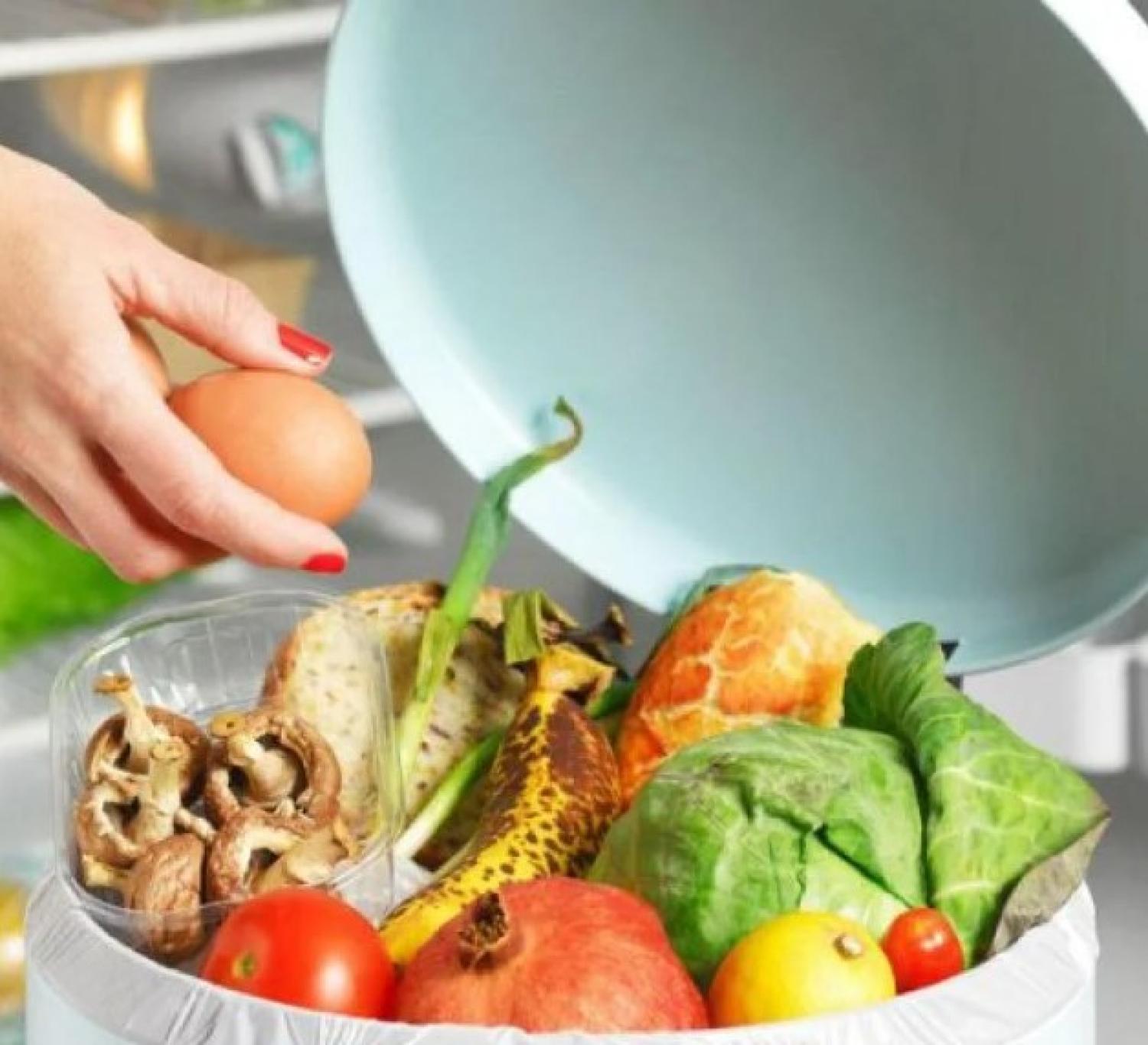Reducing food waste in the kitchen

Food waste: it is an insanely important sustainability issue that we can improve within our own homes. Research estimates that upwards of 50% of the total amount of food that is wasted comes from our own kitchens. As a forefront topic in most sustainable development goals, it is important to remember that each person can make a difference by choosing to live sustainably. One action we can take is to reduce our own individual consumption and waste. Lowering our food waste starts in the kitchen!
Food waste = financial waste
A key thing to keep in mind is that food waste that ends up in the landfill does not compost as you might think; it rots and releases methane. About 95% of all the food that we waste in the United States ends up in landfills.
One major step you can take is to simply learn how to compost. Composting is an awesome way to reduce the waste you send to our landfills. The organic waste in our landfills generates tons of methane, so composting helps significantly reduce these emissions.
Here are links to some other ZWOT member’s articles that would be helpful:
- Setting up a backyard compost!
- All about composting
- Composting basics
- Industrial compost
- Another massive change is to save the scraps to use for various things.
- Lots of vegetable scraps can be frozen to later be turned into a vegetable stock
- Opt for frozen produce over fresh produce
Be mindful
A third of the world’s annual food production ends up in the trash. This amount of food could feed 868 million of the world’s hungry, four times the amount they'd need to lead a nourished life.
- Being even a bit more mindful allows you to save money and these precious and vital food resources.
- Dedicate one meal a week to using all leftover ingredients or other foods you might've overlooked in the fridge or freezer.
- Get creative in saving your leftover or unused food. Search Pinterest or other websites for ideas and recipes to use waste and scraps.
- Repurposing leftovers saves time and money.
Live a more intentional life and know what's in your fridge, what's in your pantry and pay attention to the use-by dates for perishable items. Otherwise, use expiration dates as guides (they are usually not FDA approved).
Organization
Making a few changes in our habits and kitchen routines is key to reducing our food waste and can make an impact on climate change.
- Shop smarter. Go to the store with a specific list of food you need and stick to this list.
- Plan your meals ahead of time.
- Have a zero waste grocery shopping trip! Read more zero waste grocery shopping tips.
- Glass jars and tupperware are your new best friends!
- Learn the best ways to keep your food and leftovers safe and fresh for longer, without using plastics.
- Keep an organized pantry and fridge/freezer, so you can easily access and see the food you have at all times. It is easy to forget about food when you do not see it. This can help prevent food from going bad simply because it's hidden.
- Take note of what you throw away each week so you can reassess for future shopping trips.
- Use airtight containers to keep your food from going bad.
- Make smaller portions sizes to avoid having uneaten food.
- Organize your fridge/pantry with the older foods in the front and the newest foods towards the back - a “first in, first out” method.
Reusables in a zero waste kitchen
- Mason jars
- Bulk soaps
- Fabric produce bags
- Natural bristle brush
- Cloth napkins
- Reusable shopping bags
- Beeswax wraps
- French press
- Reusable coffee filters
- Reusable snack bags
- And more!
Zero waste…did you know?
Other helpful articles from Zero waste...did you know?
- Landfills destruction
- Fridge hacks
- Also, CU students, there is composting available in all academic buildings on campus!
- So be sure to check when eating your tupperware meals if you have any food scraps.


